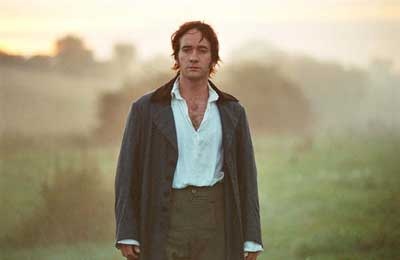After a month of letting Devs sit without touching it, I'm starting to remember the things I love about it. In fact, I'm getting downright anxious to finish my last round of rewrites. It's still out with a few beta readers, though, and I want to wait until I get the rest of the feedback.


So, I started planning the sequel.
And let me tell you, I was awfully naive about sequels. No prob, I thought. I already know my characters, built my world, and know what I'm going to do with the plot. It'll be a cinch!
I'm sure those of you who have written sequels are laughing at me now. Here are a few things I've learned while starting to sketch out the sequel.
1. You still have to develop character arcs. Yes, I know my characters now. But some of them changed through the course of Devs. They're starting at a different place in the sequel, and they'll have to grow some more. I won't have to start from scratch, but I do still have to incorporate character arcs.
2. You have to deepen the world. I did a fairly extensive amount of worldbuilding with Devs, and some of the details didn't actually show up in the book. Some of the background information just wasn't necessary at that point. But it becomes necessary in the sequel-- and some of it is still a little vague. I'm going to have to work out more of the details, and show the reader the same world they saw in Devs. I just have to make it deeper, and even more real and complex.
3. Even though it's tied to the previous book, the plot must stand on its own. One of my pet peeves in sequels is when the plot feels flimsy, and doesn't have its own beginning, middle, and end. I still have to go through the process of defining the story question, subplots, and structure. I have to have a separate-- but related-- story. I can't have a flabby middle, an unsatisfying end, or a slow beginning. All the same rules of plotting apply.
4. You have to fulfill expectations-- but you still need to surprise the reader. After reading the first novel, your readers will have certain expectations about the sequel. If you don't fulfill those, they'll throw the book into a pyre and dance around it while cursing your name to the heathen gods. (Or possibly something less dramatic.) Basically, they won't be satisfied. You need to fulfill those promises you made-- but if the book unfolds exactly how the reader expected it, you also run the risk of boring them to death. And I think we'd all like to keep our readers alive. So you still need to work in twists, new characters (or change character relationship dynamics), and surprise moments that turn those expectations on their head. It's a fine line to walk between providing satisfaction and surprise.
Basically, writing a sequel is possibly harder than writing the original. I don't plan on actually writing the sequel yet (I'm still working on TUGL, and I've got some work to go on Devs itself), but I want to have the basics sketched out before I start querying Devs.
So, my friends, have you written sequels before? Have any great tips you'd be willing to share? What are some of your favorite book or movie sequels-- or least favorites-- and why?
And there's just five days left to enter for your chance to win critiques from an agent and an editor, and help five kids in Ghana get an education! Enter the raffle here.























